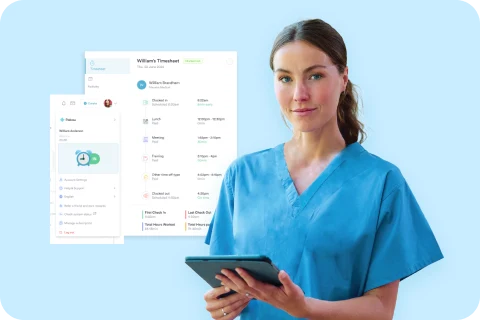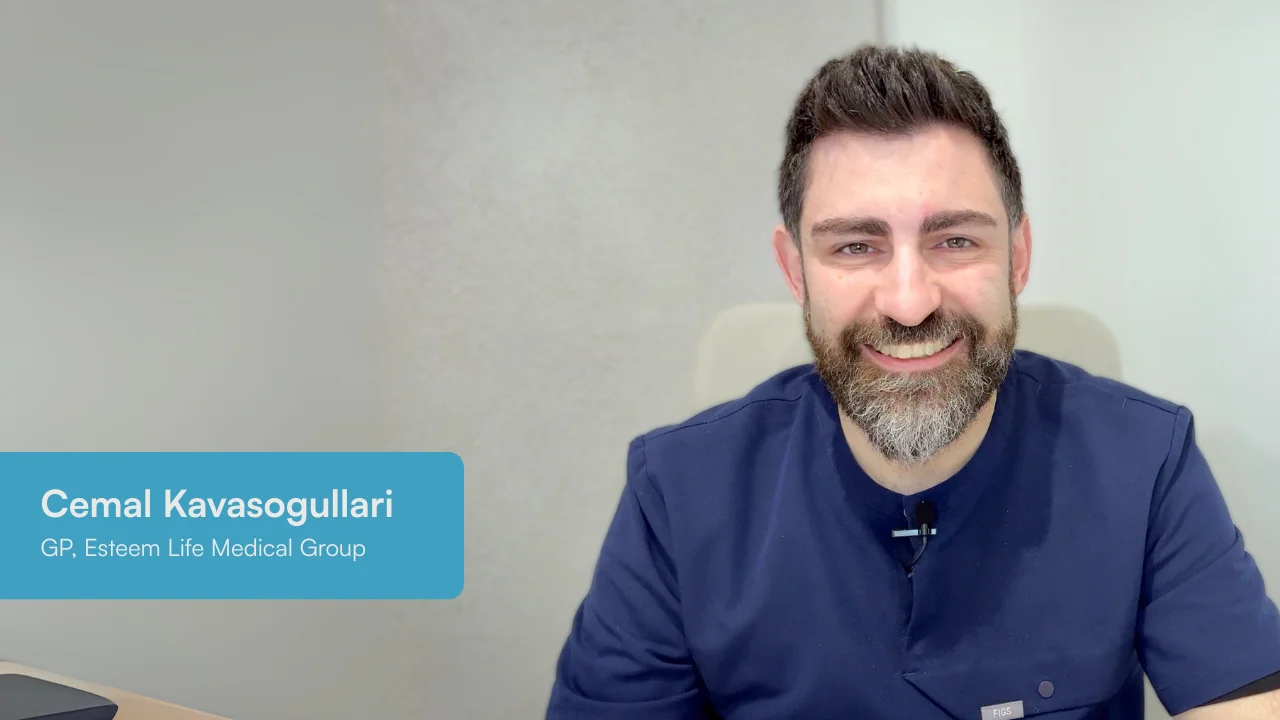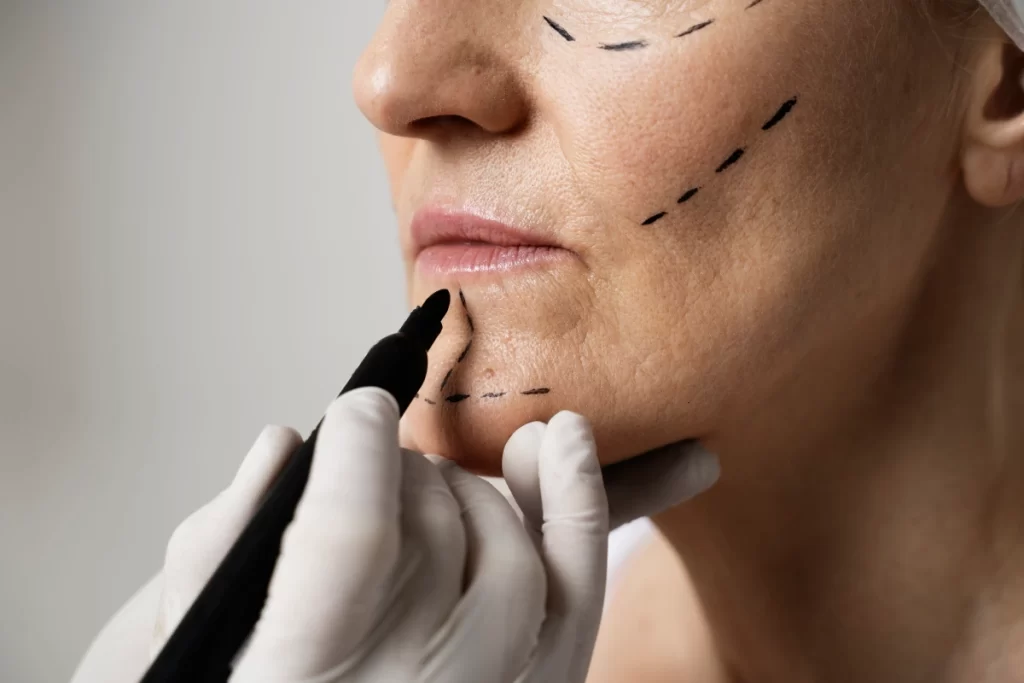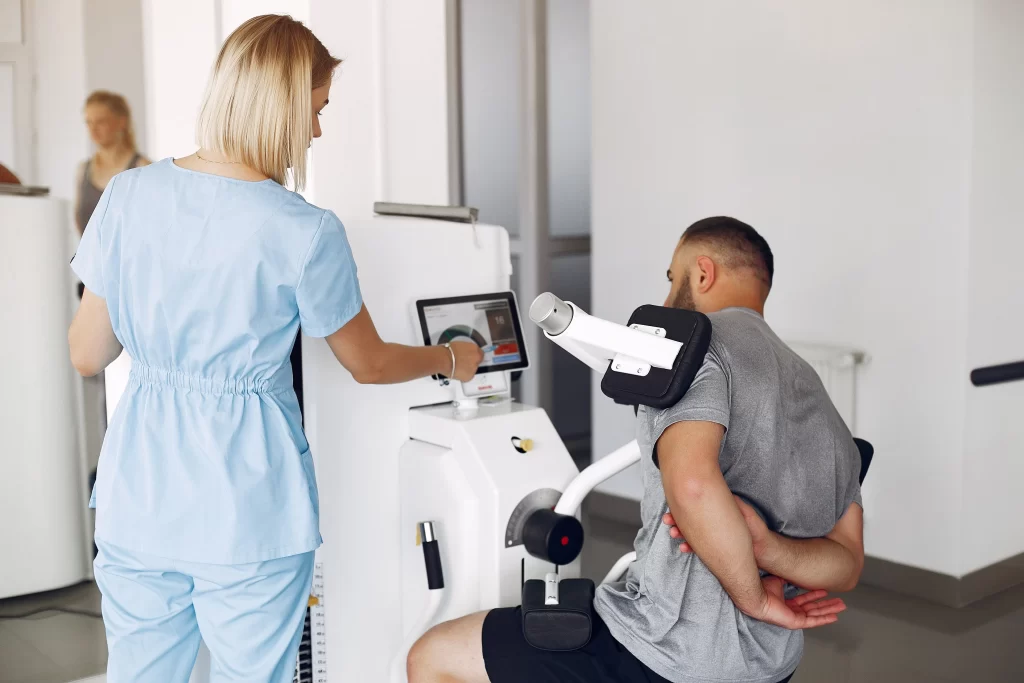
Discover free eBooks, guides and med spa templates on our new resources page
- Calendar
- Online Booking
- Echo AI
- Client Portal
- Forms & Charting
- Pabau Pay
- Telehealth
Core Features
Honorable Mentions
Latest release

Klarna NEW
Buy now, pay later is now available in Pabau
- Clients (EMR)
- Echo AI
- Telehealth
- Memberships & Packages
- Measurement-based care
- Forms & Charting
- Before & After Photo
- Aftercare
- Letters & Dictation
- Labs
- Prescriptions
Optimize Client Care
Clinical Excellence
- Calendar
- Online Booking
- Client Portal
- Classes
- Pabau Pay
- Invoices & Point-of-sale
- Insurance Billing
- Quotes
- Policies
- Mobile App
- Waitlist
Streamline Admin Tasks
Payments
Other
- Team Management
- Commissions
- Timesheets
- Compliance
- Reporting
- Dashboards
- Inventory & Orders
Manage & Grow
Gain Insights
Stock
- Capture Forms
- Lead Management
- Campaigns
- Workflows
- Loyalty
- Gift Vouchers
- Offers & Discounts
- Reviews
CRM
Automation
Loyalty
- Success Stories
Read case studies from our satisfied clients
- Compare
Compare Pabau with alternative systems
-
Integrations
-
Measure Pabau savings
-
Our security commitment
-
About us
-
Esteem Life Medical Group case study
Learn why this holistic care and aesthetic medicine clinic chose Pabau to power patient care and performance.
Read more













![Medical Aesthetics Marketing: 8 Strategies to Grow Your Practice [Updated 2026]](https://pabau.com/wp-content/uploads/2022/07/Medical-Aesthetics-Marketing-8-Strategies-to-Grow-Your-Practice-Updated-2026-1-1024x614.webp)

